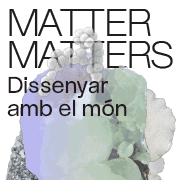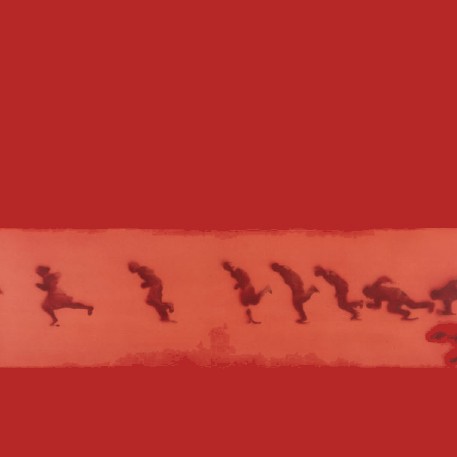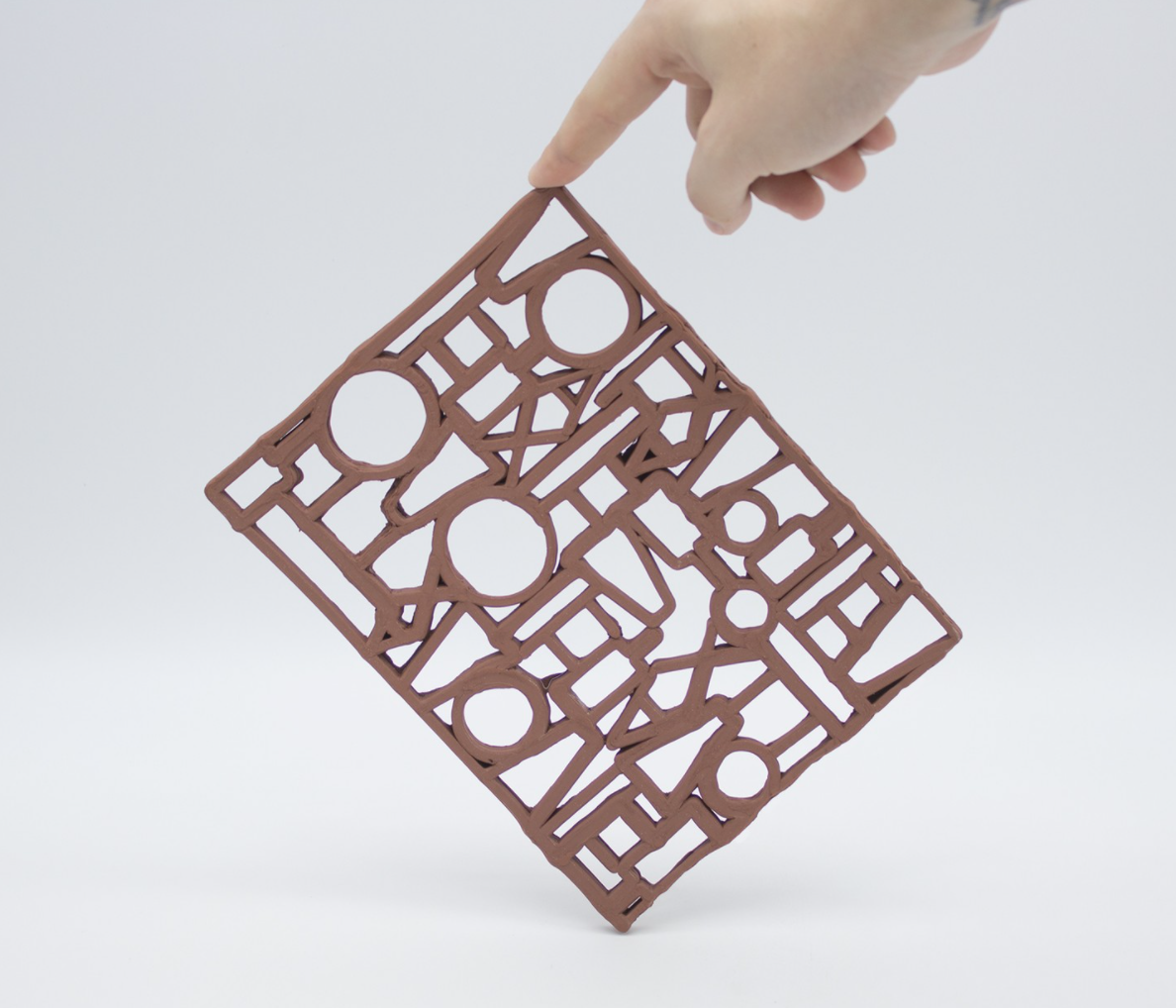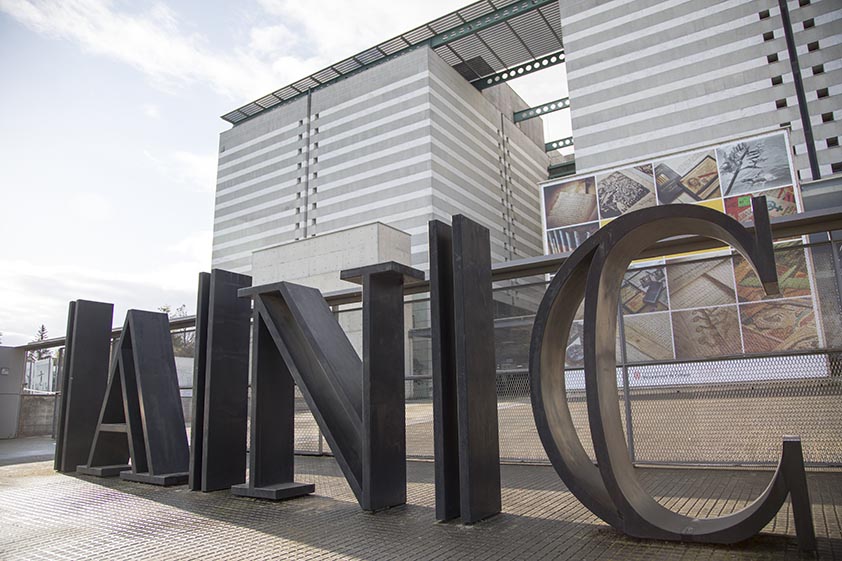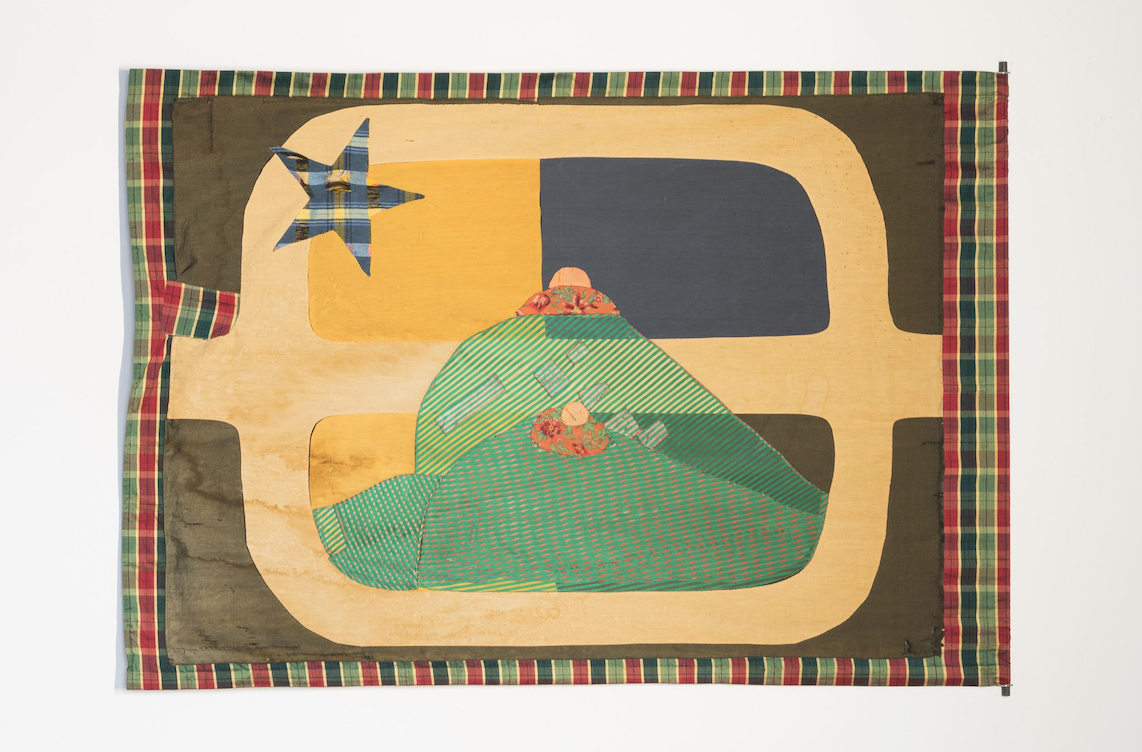News
The "Women Speak" conference brought together almost 150 women directors of cultural projects
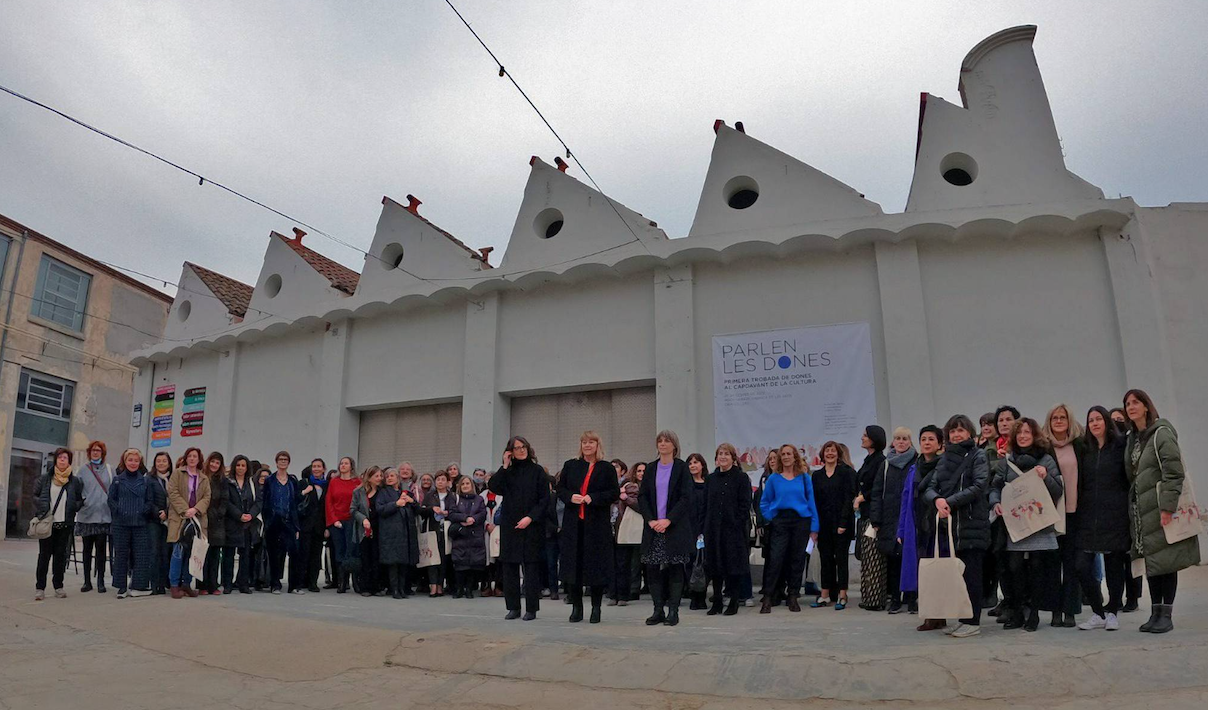
Nearly 150 women directors of cultural projects in the country participated on February 25 in the meeting "Women Speak", organized by the Department of Culture with the aim of addressing what is the leadership of women in culture, and so to create a space to establish relationships between all the women who carry out cultural projects in our country.
The Minister of Culture, Natàlia Garriga Ibáñez, who inaugurated the meeting accompanied by the Minister of Equality and Feminism, Tània Verge Mestre, highlighted the "spectacular joy" of the day, made "with great enthusiasm". The Minister of Culture also pointed out that women "are the best at listening to us and we must take advantage of this to weave complicities". "The 'Women talk' meeting is a first point to create networks, it is a first meeting but there will be many more," she explained. Garriga emphasized that in Catalonia “there are many women in many national facilities; young, old women; in the territory, in small spaces ”and that“ it is important to know each other because it is the strength we have ”and above all,“ to know each other intersectorally because we have probably had the same difficulties of access ”. The Minister of Culture stated that women have reached "places where we were not, but that they are mainly on the second level because we do very well, but let another explain it, usually a man."
The Minister for Equality and Feminism, Tània Verge, for her part, emphasized the importance of seeking "collaboration and cooperation between women so that we do not add up, but multiply". Verge explained that a growing presence of women is detected in the spaces of responsibilities, but not necessarily in the spaces of management. "In the case of culture, we are breaking imaginaries and providing references for women of all ages, to break the imposter's syndrome," she added.
The day consisted of four roundtables. In the first, “Directing large public facilities”, in addition to the Minister of Culture, the artistic director of the Teatre Nacional de Catalunya, Carme Portaceli, took part; the director of the Mercat de les Flors, Àngels Margarit, and the director of the Center for Contemporary Culture of Barcelona, Judit Carrera. The second table, “Leading with new perspectives”, was attended by the director of the Lo Pati d'Amposta center, Aida Boix; of the director of the Museums of the Val d'Aran, Carla del Valle; the director of the Teatre Municipal de Girona, Elena Carmona, and the artistic director of the Center Artesà Tradicionàrius and the festival Tradicionàrius, Carol Duran. The third table, under the title “Directing projects around the country”, brought together the director of the Espai Guinovart in Agramunt, Maria Guinovart; the director of the CaixaFòrum de Tarragona center, Maria Glòria Olivé; the director of Bòlit, Center for Contemporary Art in Girona, Ingrid Guardiola; the director of the Atlàntida de Vic, Montse Catllà, and the director of the OlotCultura Performing Arts Area and the Olot Seismograph Festival, Tena Busquets. Finally, the last table, “Directing large cultural entities”, was attended by the president of the Catalan Film Academy, Judith Colell; the president of the Ateneu Barcelonès, Isona Passola; the president of the Association of Theater Companies of Catalonia, Isabel Vidal, and the president of the Institut d'Estudis Catalans, Teresa Cabré.
The Department of Culture implements policies that guarantee and develop women's rights and seeks to promote the balanced presence of women and men in the public artistic and cultural offer, as well as to achieve effective equality for women in creation and production. artistic and intellectual. To this end, it designs cross-cutting strategies that ensure that all policies incorporate a gender perspective, that women are free to develop their personal skills and make decisions without the limitations imposed by traditional gender roles, and that they become visible. , the tasks, aspirations, experiences and needs of women are valued and strengthened.
Thus, 28 of the lines of grants from the Catalan Institute of Cultural Enterprises (ICEC) aimed at all cultural sectors — out of a total of 50 lines — already include gender criteria. In addition, these criteria will be incorporated into all those lines still pending in which it is relevant to do so. This application of gender criteria has been particularly successful in the case of audiovisual production lines, in which it has been applied since 2017 and where it has served to encourage the participation of women in projects and to make visible the role of professionals in the industry. Specifically, in the audiovisual sector, the criterion focuses on awarding a higher score in project assessments to those who have female professionals in the roles of director, production, screenwriter and also in other roles in the audiovisual production process in which women have often been underrepresented (photography, editing, sound, special effects, music composition, etc.). This work in favor of parity and the recognition of the value of women professionals in Catalan cinema and audiovisual also has a more public reflection that goes beyond subsidy figures. For some years now, various media outlets specializing in cinema around the world have been talking about the Catalan New Wave, a new wave of filmmakers — and professionals — not only directors, but also screenwriters, producers, editors, directors, and so on.




